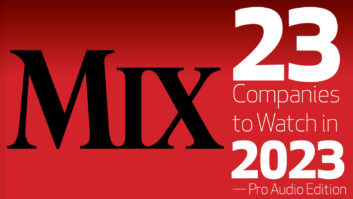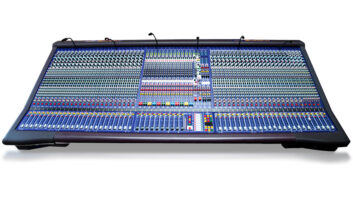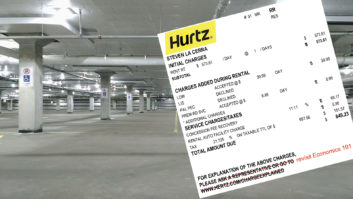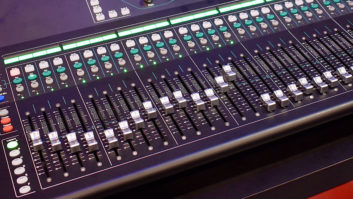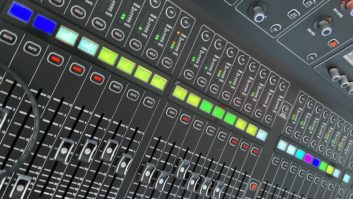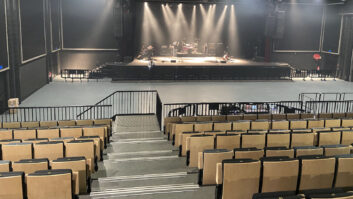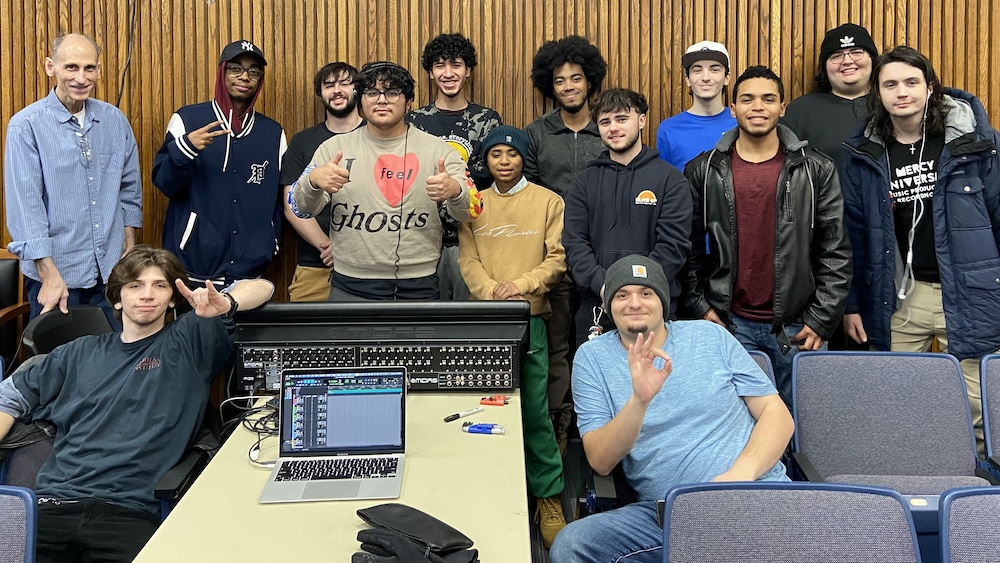
New York, NY (December 20, 2024)—As part of our curriculum in the Music Production and Recording Arts program at Mercy University, we invite guest lecturers to speak to our classes in Music Business, Recording Workshops, Live Sound Reinforcement and Advanced Mixing. It gives our students the chance to get a perspective different from that of their professors, often reinforces concepts we’re teaching them in class, and sometimes can lead to a job opportunity. I enjoy it as much as my students do because it breaks up the routine, and I’ll inevitably learn something new. Occasionally, I look on with a smirk when a guest reiterates my exact words regarding a technical concept or a work skill such as being on time (Grrr….Cranky Professor growls).
A few weeks ago, the Live Sound Reinforcement class hosted a guest, a fine young man in his early 20s whose career trajectory is on the upswing. He’s touring with national acts, has a wide range of experience as a front-of-house engineer, tour manager, drum tech, and merch person—in short, he’s doing what many of my students in the Live Sound class aspire to do. I might add that he came prepared with a wonderful presentation demonstrating his work and networking philosophies, as well as showing off some of the events he has worked.
During the class discussion, it somehow came up that our guest was working a show on his 21st birthday. One of my students let out a sigh, “Wow, that sucks, working on your 21st birthday.” Rather than interrupt, I made a note and filed it for the Q&A that would inevitably follow. My students grilled him with a million questions (which he graciously answered), and then I brought up his mention of working on his birthday. He and I stressed to the students that for the most part, there are no days that aren’t fair game for work in the live entertainment industry.
Students who are already working in the field already know this, but some of the less-experienced students were taken by surprise. Our guest explained that he’s worked birthdays and holidays, to which I added a laundry list of family events I’ve missed that normal people either “take the day” to accommodate, or proactively schedule around a fairly normal work routine: anniversaries, weddings, milestone birthday parties, and religious holidays—i.e., those events typically occur on weekends, when normal people don’t work (religious holidays notwithstanding). I don’t even know what that means. Throughout my career, the only two days that I’ve managed to keep off-limits are Thanksgiving Day and Christmas Day, though at this point in my life I’d probably work on Thanksgiving if it came up.
The discussion was an eye-opener for some of the students, and though none of them were cueing up for a career change, it did enlighten them on why some engineers prefer to work installs and “corporate” gigs that align with a somewhat more normal work regimen. To which I added the idea that some of those corporate gigs also include paid vacation, sick days, and health insurance. What a concept!

